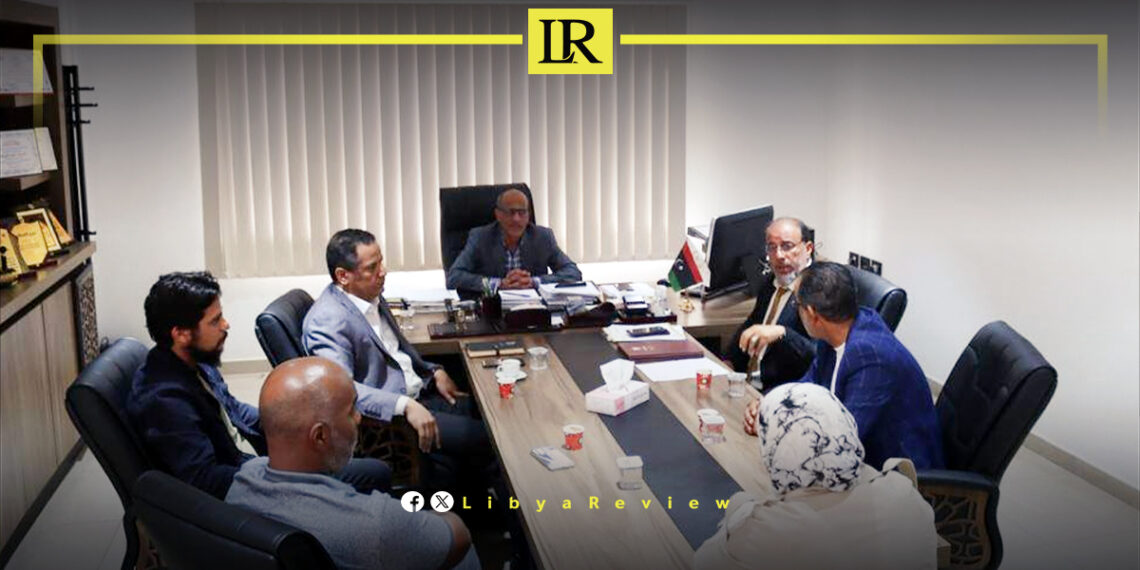Benghazi’s Deputy Municipal Council, Naser Al-Ojaily, convened a meeting with Khaled Al-Fakhiri, the Postal Services Area Manager of Benghazi at Libyan Post, in the presence of the Urban Planning Office Director Lamia Al-Ghiryani. This assembly marked the preparatory phase for launching the Postal Addressing Project in the city.
The initiative aims to develop an advanced infrastructure for postal codes that can be utilised both locally and globally, aligning with Libya’s ongoing digital transformation.
Furthermore, the project seeks to streamline and facilitate postal operations, enhancing the precision and speed of mail distribution and address accessibility.
In a meeting held on Monday, it was agreed to coordinate with relevant entities to begin the installation of postal address plaques across various parts of the city.
This project is part of broader efforts to improve postal services and bolster infrastructure in Benghazi, aiming to significantly enhance the efficiency of mail distribution and general postal correspondence.
Libya has been in chaos since a NATO-backed uprising toppled longtime leader Muammar Gaddafi in 2011. The county has for years been split between rival administrations.
Libya’s economy, heavily reliant on oil, has suffered due to the ongoing conflict. The instability has led to fluctuations in oil production and prices, impacting the global oil market and Libya’s economy.
The conflict has led to a significant humanitarian crisis in Libya, with thousands of people killed, and many more displaced. Migrants and refugees using Libya as a transit point to Europe have also faced dire conditions.
The planned elections for December 2021 were delayed due to disagreements over election laws and the eligibility of certain candidates. This delay has raised concerns about the feasibility of a peaceful political transition.
Despite the ceasefire, security remains a significant concern with sporadic fighting and the presence of mercenaries and foreign fighters. The unification of the military and the removal of foreign forces are crucial challenges.


